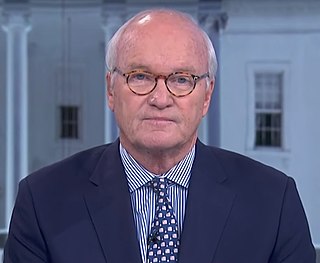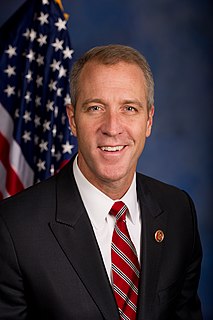A Quote by Chelsea Manning
As Iraq erupts in civil war and America again contemplates intervention, that unfinished business should give new urgency to the question of how the United States military controlled the media coverage of its long involvement there and in Afghanistan.
Related Quotes
I oppose U.S. military intervention in Iraq. I believe that we should not send troops or engage in air strikes-our nation's military involvement needs to be over. The United States has already spent billions of dollars in Iraq while our nation has endured a crumbling infrastructure, cuts to our social programs, a lack of investment in job training and creation, and sadly, a failure to take care of our veterans. Let's focus our resources at home. Over 4000 men and women have sacrificed their lives for Iraq. That is enough.
The latest developments in Iraq are deeply troubling, but as the United States considers military and diplomatic responses to the actions of the Islamic State in Iraq and Syria (ISIS) action, we should be clear that U.S. troops on the ground cannot go a million miles near a sectarian civil war-it's simply not an option.
Yes and no. Because America has only about 1 percent of the population serving in the military, it is hard for many civilians to understand the sacrifices military families make. However, my experience is that after the Vietnam War, the public learned that they should support the military whether or not they support the war. You've seen that outpouring of support for the veterans of both Iraq and Afghanistan.
Since United States military operations in Iraq began in 2003, I have visited Iraq at least 15 times. But unlike politicians who visit, the question for me has never been why the U.S. got into Iraq. Instead, as the CEO of Blackwater, the urgent question was how the company I head could perform the duties asked of us by the U.S. State Department.
It was not the United States who invaded Kuwait; it was Iraq. It was not the United States that went to war with Iran; it was Iraq. It was not the United States that fired chemical weapons at Iran; it was Iraq. And it was not the United States that murdered innocent Iraqi citizens with chemical weapons; it was Iraq.
Trump himself has not laid out a clear agenda on the national security issues that are the most pressing for the United States, from the resurgence of the Taliban in Afghanistan to the deepening Syrian civil war to the fight against ISIS in Iraq and Syria and the flexing of Russian muscles under President Vladimir Putin.
Continuous wars - which we have now had since 2001 - starting with Afghanistan, continuing on to Iraq. And even since Iraq, it's been more or less continuous. The appalling war in Libya, which has wrecked that country and wrecked that part of the world, and which isn't over by any means. The indirect Western intervention in Syria, which has created new monsters. These are policies, which if carried out by any individual government, would be considered extremist. Now, they're being carried out collectively by the United States, backed by some of the countries of the European Union.





































